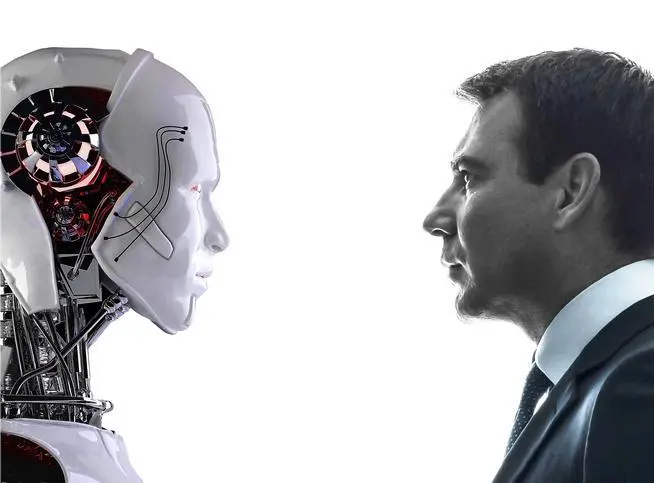While it’s essential to recognize that humans possess unique qualities and skills, AI has demonstrated remarkable capabilities in specific tasks, even surpassing humans in ways that were once unimaginable.
In this article, we’ll explore six areas where AI has outperformed humans, revolutionizing the way we approach complex challenges.
1. Language Translation
Breaking down language barriers has always been a challenge for humans, but AI has made huge strides in overcoming this obstacle.
Modern machine translation systems, like Google Translate, DeepL and ChatGPT utilize sophisticated neural networks to interpret and translate languages with remarkable accuracy.
These AI-powered translators have improved cross-cultural communication and facilitated global collaboration as a whole.
2. Fraud Detection
Financial institutions face a constant battle against fraudsters, but AI has significantly bolstered our defenses. The FICO Falcon Fraud Manager, for example, is a popular fraud detection and prevention solution developed by FICO. It is widely used by financial institutions and credit card companies to protect against credit card fraud in real-time.
Here’s how FICO Falcon Fraud Manager works:
Real-time Transaction Monitoring: FICO Falcon Fraud Manager continuously monitors credit card transactions as they occur in real-time, analyzing various attributes of each transaction, including the amount, location, merchant, and cardholder’s historical spending behavior.
Risk Assessment: Based on the analysis, FICO Falcon Fraud Manager calculates a risk score for each transaction. The risk score indicates the likelihood of the transaction being fraudulent. High-risk transactions trigger alerts for further investigation.
Real-time Decision Making: The system can automatically decline or block transactions that are identified as high-risk fraud. It can also trigger alerts to fraud analysts, allowing them to review and verify potentially suspicious transactions.
This AI system is known for its effectiveness in detecting and preventing credit card fraud while minimizing false positives to avoid unnecessary customer inconvenience. Its adaptive learning capabilities make it particularly adept at staying ahead of new fraud schemes and reducing the risk of fraud for financial institutions and cardholders alike.
3. Chess Champion Defeated
When it comes to strategic thinking and complex decision-making, AI has emerged as a formidable opponent. One of the most celebrated instances was in 1997 when IBM’s Deep Blue defeated the reigning world chess champion, Garry Kasparov.
Since then, AI has made significant progress, and in 2016, Google’s AlphaGo defeated Lee Sedol, one of the world’s top Go players. These victories showcased AI’s capacity to analyze countless potential moves and outmaneuver human players in complex games.
4. Image Recognition
In the domain of image recognition, AI models have achieved remarkable accuracy and surpassed human capabilities in certain tasks.
For instance, in 2015, Microsoft’s AI system, ResNet, won the ImageNet Large Scale Visual Recognition Challenge with an error rate of just 3.5%.
The challenge required classifying images into thousands of categories, and ResNet’s performance surpassed the human error rate of about 5%. This achievement demonstrated that AI could effectively recognize and classify objects in images, even surpassing human accuracy. Also, this was back in 2015, so you can imagine how much more advanced AI has gotten in the last 8 years.
5. Natural Language Processing (NLP)
AI has made significant advancements in natural language processing tasks, including machine translation, sentiment analysis, and question-answering.
One notable example is the “BERT” (Bidirectional Encoder Representations from Transformers) model, developed by Google AI. (Google has quite the monopoly on AI it seems eh?)
BERT’s ability to understand the context of words and sentences, along with its bidirectional processing, revolutionized NLP tasks. In various benchmarks and competitions, BERT has outperformed human performance in tasks such as question-answering + sentiment analysis.
In conclusion, AI has definitely surpassed human abilities in numerous tasks so far, from strategic games like chess and Go to practical applications like medical diagnostics and language translation.
While these advancements are remarkable, it’s important to remember that AI is a tool that complements and augments human capabilities rather than replacing them entirely.





